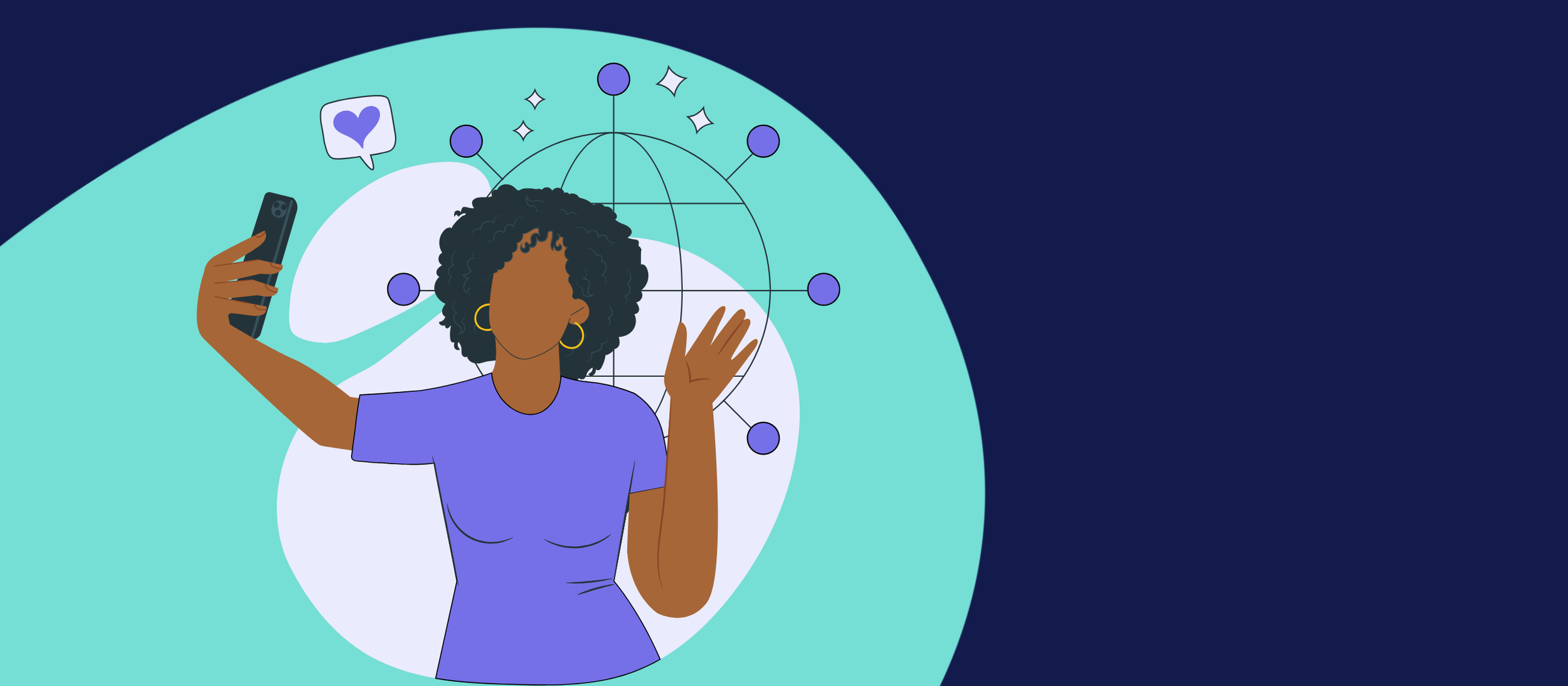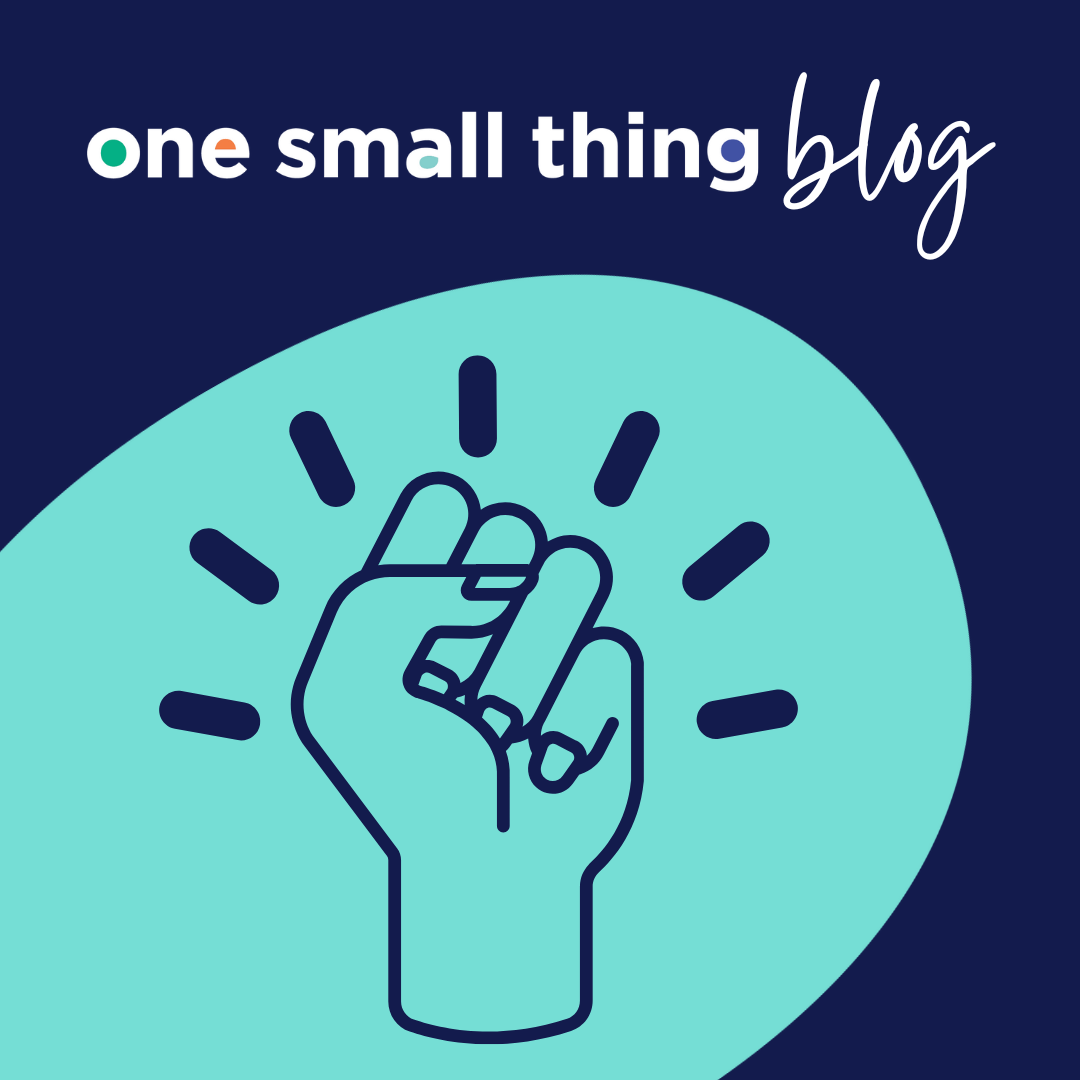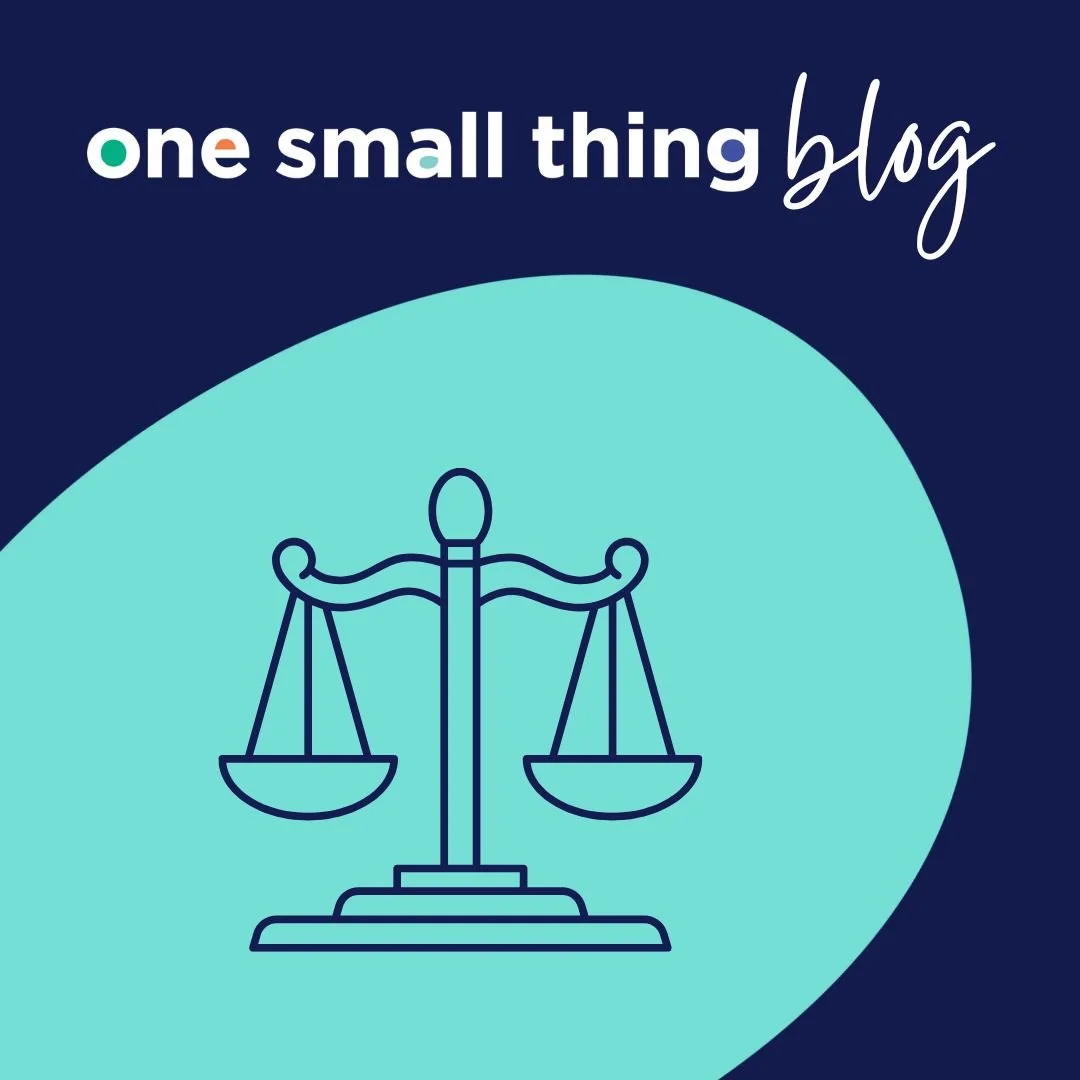16 Days of Activism to End Gender-based Violence: Ending Digital Violence Against Women and Girls in the Justice System
Lilly Lewis, Women’s Involvement Advisor, One Small Thing
In the next in her series of blogs Lilly Lewis, One Small Thing’s Women’s Involvement Advisor discusses the theme of this year’s 16 Days of Activism, ‘Ending digital violence against all women and girls’. She explores how online abuse affects women and girls impacted by the justice system—and why creating safer digital environments is essential for women to rebuild their lives.
When we talk about violence against women and girls, we often picture bruises, shouting, or the silence that follows a slammed door. But today, violence doesn’t just happen in the physical world. It happens through phones, screens, and messages that can reach us anytime, anywhere.
This year’s 16 Days of Activism to End Gender-based Violence theme is “End all digital violence against women and girls” hits close to home for me. Because for many women who’ve been through the justice system, digital violence isn’t separate from the rest of our story. It’s another form of control, another reminder that even when you think you’ve escaped, harm can still find you.
I know this because I’ve lived it. My journey through the system wasn’t just about the mistakes I made, it was about surviving years of trauma, coercion, and fear. Long before I ever stood in a courtroom, I was already trapped in a cycle of abuse. Technology was one of the tools used to keep me there. My phone was constantly checked, my messages monitored, my online presence controlled. The same device that could have connected me to support became a weapon used to isolate me.
Even after leaving that life behind, the digital world didn’t feel safe. The internet has a long memory, and women with convictions often carry a double burden judged not only for what we’ve done but for who we are. I’ve felt that sting myself: cruel comments, assumptions, and online whispers that remind you how hard it is to move on when your past is only a click away.
This is why Clause 35 in the recently introduced Sentencing Bill, to publish online the names and photos of women on unpaid work orders, deeply concerns me. Many women in the justice system are also survivors of domestic abuse, and public exposure could put them at further risk. Beyond personal safety, there is the stigma and shame this brings not only for women themselves but also for their children and wider families. Instead of supporting rehabilitation, such measures can isolate women, damage relationships, and make it harder to move forward.
“For women trying to rebuild their lives, that fear can be paralysing. Some tell me they avoid social media altogether, terrified that old photos or stories will resurface.”
Others face online harassment or public shaming that makes it harder to find work, reconnect with family, or start again. And for younger girls caught up in the system, digital violence can start even earlier through coercive control, sextortion, or being manipulated into sharing images that later become tools of abuse.
But I’ve also seen the other side how digital spaces, when used safely and compassionately, can offer connection, healing, and hope. Through my work at One Small Thing, I’ve met women who’ve learned to reclaim their voice online, using social media to share their stories and advocate for others. I’ve seen the pride that comes from learning digital skills, from being able to say, “This time, I’m the one in control.”
Ending digital violence isn’t just about policing harmful content or banning abusers it’s about recognising how deep this harm runs, and how many women it touches. It’s about asking questions:
How are women in prison being protected from online exploitation and abuse?
What digital education and support are available for women leaving custody?
How do we challenge the online cultures that shame and silence women, rather than support them?
“For me, this campaign is about visibility. It’s about saying that women affected by the justice system deserve to be part of these conversations not as statistics, but as people with stories and resilience.”
We can’t talk about ending violence against women and girls without including those who’ve been marginalised, silenced, and misunderstood.
When I first shared my story publicly, I was terrified. I worried about judgement about being defined forever by my past. But what I found instead was connection. Messages from other women saying, “I’ve been there too.” That’s when I realised how powerful it is when we speak openly, when we use our voices to replace shame with understanding.
As we mark the 16 Days of Activism, I want to challenge everyone - policymakers, digital platforms, and each of us as individuals to think about how we can make online spaces safer for women and girls. And I want us to make sure that women affected by the justice system aren’t left behind in that change.
Because every woman deserves to feel safe not just on the streets or in her home, but online too.










